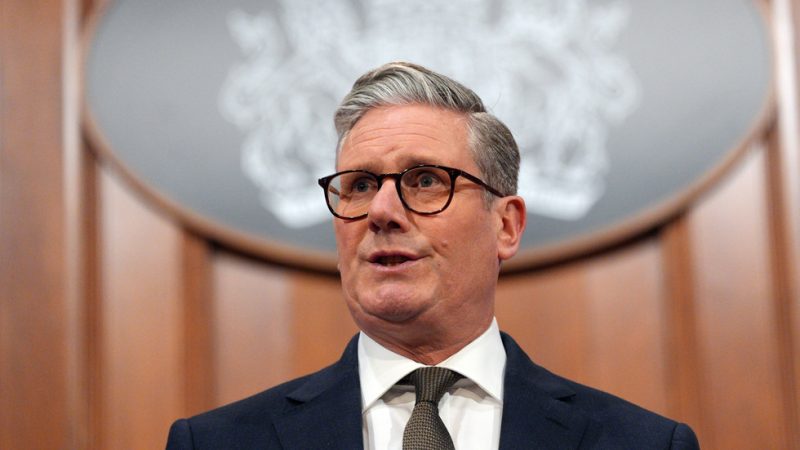
The ongoing negotiations between the US and UK for a post-Brexit trade deal are reportedly hitting a snag over a controversial issue: hate speech laws. According to several media outlets, the Trump administration is putting pressure on the UK government to roll back its hate speech legislation as a condition for securing a favorable trade agreement. This demand has sparked considerable debate and raised concerns about the potential impact on free speech and human rights in the UK.
The US argument, as reported, centers on the belief that these laws are overly restrictive and create barriers to free expression, potentially hindering trade and investment. However, critics argue that weakening hate speech laws would have serious consequences, potentially leading to a rise in discrimination and online harassment. This is a particularly sensitive issue given the rise of online hate speech and the need to protect vulnerable groups.
The UK government is in a difficult position. A comprehensive trade deal with the US is a significant economic priority, offering the potential for substantial benefits to the British economy. However, ceding ground on hate speech legislation could be politically damaging and raise serious questions about the government’s commitment to protecting its citizens. Public opinion is likely to be divided, with some prioritizing economic gains while others emphasize the importance of maintaining strong protections against hate speech.
This situation highlights the complex interplay between trade negotiations and domestic policy. It raises fundamental questions about the extent to which nations should compromise their values and legal frameworks in pursuit of economic advantage. The outcome of these negotiations will have significant implications not only for the UK-US relationship but also for the broader debate surrounding free speech and hate speech legislation globally. The coming weeks and months will be crucial in determining how this delicate balance will be resolved.










